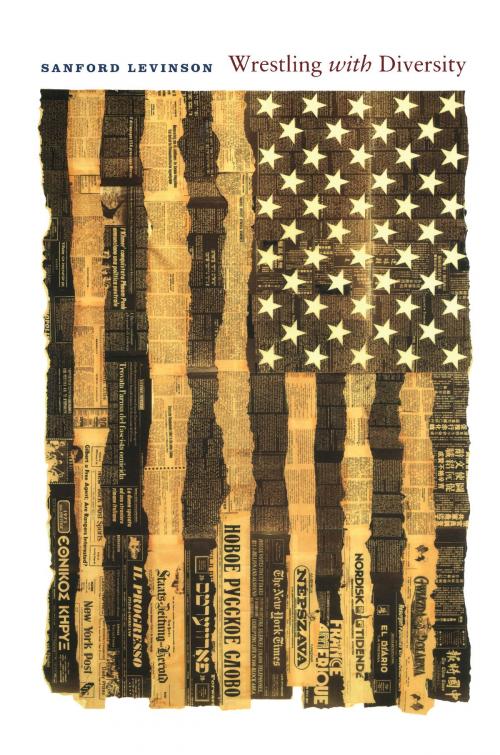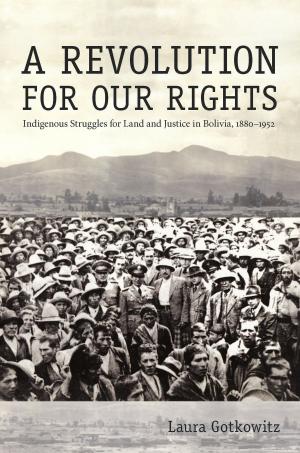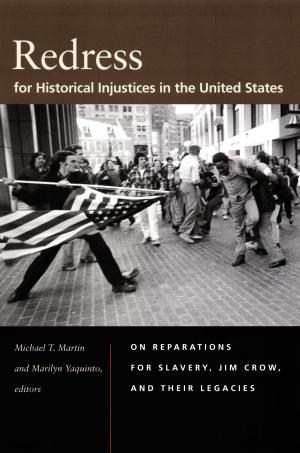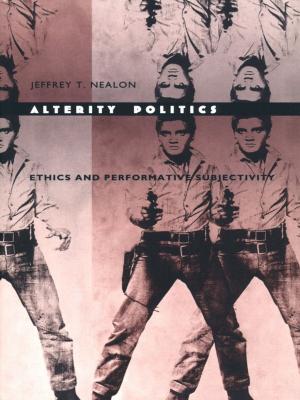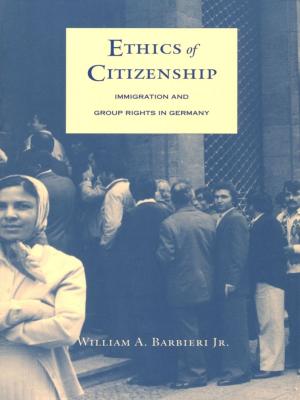| Author: | Sanford Levinson | ISBN: | 9780822385141 |
| Publisher: | Duke University Press | Publication: | October 27, 2003 |
| Imprint: | Duke University Press Books | Language: | English |
| Author: | Sanford Levinson |
| ISBN: | 9780822385141 |
| Publisher: | Duke University Press |
| Publication: | October 27, 2003 |
| Imprint: | Duke University Press Books |
| Language: | English |
“Diversity” has become a mantra within discussions of university admissions policies and many other arenas of American society. In the essays collected here, Sanford Levinson, a leading scholar of constitutional law and American government, wrestles with various notions of diversity. He begins by explaining why he finds the concept to be almost useless as a genuine guide to public policy. Discussing affirmative action in university admissions, including the now famous University of Michigan Law School case, he argues both that there may be good reasons to use preferences—including race and ethnicity—and that these reasons have relatively little to do with any cogently developed theory of diversity. Distinguished by Levinson’s characteristic open-mindedness and willingness to tease out the full implications of various claims, each of these nine essays, written over the past decade, develops a case study focusing on a particular aspect of public life in a richly diverse, and sometimes bitterly divided, society.
Although most discussions of diversity have focused on race and ethnicity, Levinson is particularly interested in religious diversity and its implications. Why, he asks, do arguments for racial and ethnic diversity not also counsel a concern to achieve religious diversity within a student body? He considers the propriety of judges drawing on their religious views in making legal decisions and the kinds of questions Senators should feel free to ask nominees to the federal judiciary who have proclaimed the importance of their religion in structuring their own lives. In exploring the sense in which Sandy Koufax can be said to be a “Jewish baseball player,” he engages in broad reflections on professional identity. He asks whether it is desirable, or even possible, to subordinate merely "personal" aspects of one’s identity—religion, political viewpoints, gender—to the impersonal demands of the professional role. Wrestling with Diversity is a powerful interrogation of the assumptions and contradictions underlying public life in a multicultural world.
“Diversity” has become a mantra within discussions of university admissions policies and many other arenas of American society. In the essays collected here, Sanford Levinson, a leading scholar of constitutional law and American government, wrestles with various notions of diversity. He begins by explaining why he finds the concept to be almost useless as a genuine guide to public policy. Discussing affirmative action in university admissions, including the now famous University of Michigan Law School case, he argues both that there may be good reasons to use preferences—including race and ethnicity—and that these reasons have relatively little to do with any cogently developed theory of diversity. Distinguished by Levinson’s characteristic open-mindedness and willingness to tease out the full implications of various claims, each of these nine essays, written over the past decade, develops a case study focusing on a particular aspect of public life in a richly diverse, and sometimes bitterly divided, society.
Although most discussions of diversity have focused on race and ethnicity, Levinson is particularly interested in religious diversity and its implications. Why, he asks, do arguments for racial and ethnic diversity not also counsel a concern to achieve religious diversity within a student body? He considers the propriety of judges drawing on their religious views in making legal decisions and the kinds of questions Senators should feel free to ask nominees to the federal judiciary who have proclaimed the importance of their religion in structuring their own lives. In exploring the sense in which Sandy Koufax can be said to be a “Jewish baseball player,” he engages in broad reflections on professional identity. He asks whether it is desirable, or even possible, to subordinate merely "personal" aspects of one’s identity—religion, political viewpoints, gender—to the impersonal demands of the professional role. Wrestling with Diversity is a powerful interrogation of the assumptions and contradictions underlying public life in a multicultural world.
